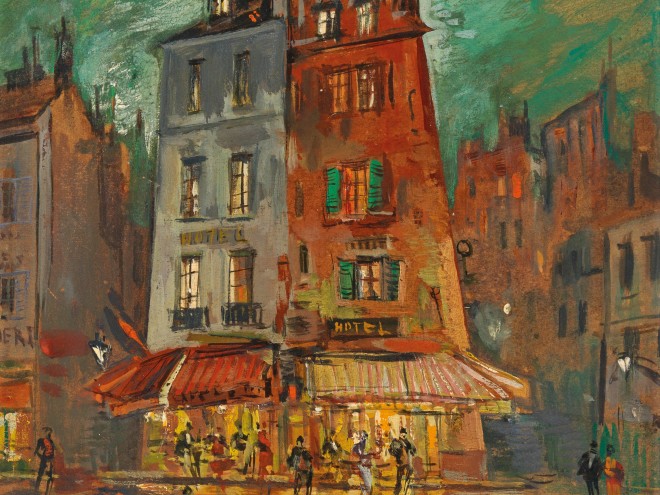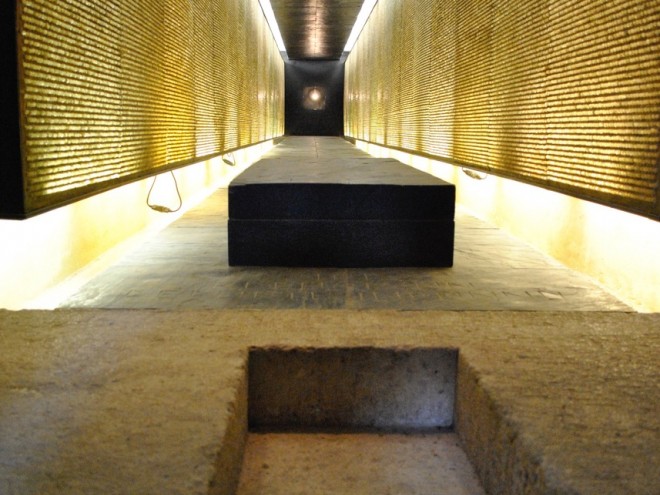Haunting Paris illustrates how easy it is to be in denial about the past. Mamta Chaudhry’s characters paint a romantic picture of the streets of Paris, but we are always brought back to the haunting memory of those same streets during World War II — covered in the footsteps of the Gestapo as they took Jewish people from their homes.
Chaudhry tells her Holocaust tale through multiple perspectives, but mainly focuses on the protagonist Sylvie and the ghost of her dead lover, Julien. It’s the summer of 1989, and Sylvie spends much of her time mourning the loss of her late true love — unable to find comfort as she usually can by playing the piano. When we’re not with Sylvie, we’re with Julien’s ghost, who’s heartbroken seeing his love cope with the loss. But Sylvie isn’t the only person who has lost someone.
Although Julien is discrete about his past, we know he is Jewish and that his sister, Clara, and her daughter died in the Holocaust. He was always convinced that Clara’s second daughter made it out, and despite secretly searching for her until the day he died, he was never able to find her. Rather than idealizing Paris and his old life as his ghost wanders, Julien reflects on the dark memories that he claims everyone simply wants to forget. We can hear the pain he carried to the afterlife as he aimlessly roams the streets:
“Those glowing lights are like the unwinking gaze of history, before which I lower my eyes, ashamed that so many of my countrymen thought a moral reckoning with our own culpability would tear us apart and chose amnesia instead.”
Julien’s secrets begin to encompass Sylvie’s life. She encounters an envelope that belonged to Julien, with the letter “M” written on it, containing a photograph and a letter. Hesitant to pursue it at first, Sylvie eventually develops a vigorous curiosity to find out who “M” is and what the contents mean; this becomes the first piece of a puzzle that Sylvie puts together throughout the book. As she unearths Julien’s past and continues the search for his niece, we find that his death didn’t bury his story along with him — it brought it back to life.
Each chapter alternates between the perspectives of the different characters, capturing the essence of the story. Sylvie sees Paris as her romantic and timelessly beautiful city; the American tourists she befriends view it as a city that belongs to a country unable to truly be understood by outsiders; Julien sees streets that once knew his family, and then the Gestapo — hauntingly repeating “Ouvrez, police” as they knocked on every French door.
Chaudhry deftly portrays how a place can hold so much beauty and tragedy all at the same time. We are forced to remember the power of memory and how easily we allow certain truths to stay buried.
Michelle Zaurov is Jewish Book Council’s program associate. She graduated from Binghamton University in New York, where she studied English and literature. She has worked as a journalist writing for the Home Reporter, a local Brooklyn publication. She enjoys reading realistic fiction and fantasy novels, especially with a strong female lead.




